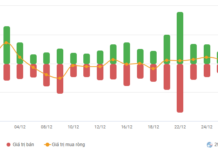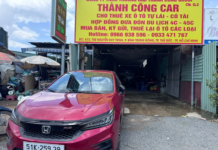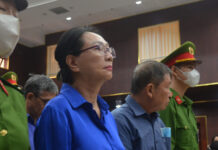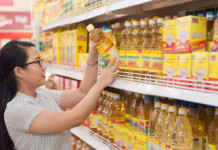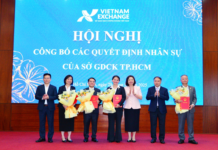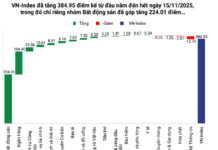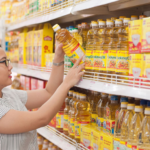On August 2, in Ho Chi Minh City, the Vietnam National SPS Enquiry Point and Notification Authority, in collaboration with the Vietnam Agricultural Newspaper and the Ho Chi Minh City Food Safety Authority, organized a conference to disseminate SPS regulations under the EU-Vietnam Free Trade Agreement (EVFTA) and the Regional Comprehensive Economic Partnership (RCEP).
Regarding the warnings about food and agricultural products from the European market, Dr. Ngo Xuan Nam, Deputy Director of the Vietnam SPS Office, reported that in the first six months of 2024, Vietnam had 57 out of 2,708 warnings, accounting for 2.1%. This is still a low rate compared to many other countries, which have warning rates as high as 6%.
While in 2023, Vietnam received only 67 warnings from Europe, the number of warnings this year is also worth pondering, and measures are needed to reduce these warnings.
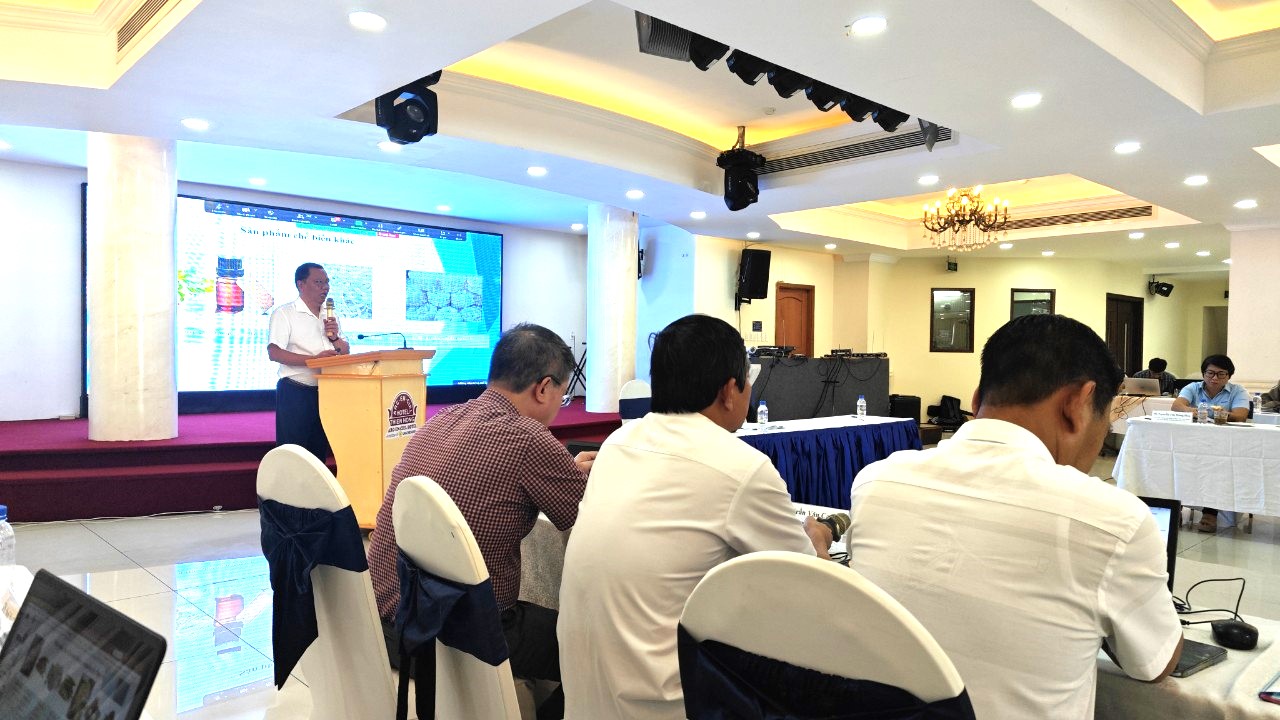
Dr. Ngo Xuan Nam presenting at the conference
The warned products of plant origin included dragon fruit, chili, cinnamon, okra, jackfruit, and spices; aquatic products such as fish, squid, shrimp, frog, and clams; and processed products such as clove essential oil, coconut jam, and rice noodles…
The weight of the warned batches ranged from 20 kg to 24 tons, mostly below 1 ton. Dragon fruit had 7 batches ranging from 444 kg to 1.8 tons, and chili had nearly 10 batches ranging from 38 kg to 6.37 tons. Europe has also increased the frequency of inspections for these two commodities.
“These violating batches are very small compared to the total volume of Vietnam’s agricultural and food exports, but their impact is not insignificant. Failing to control even one small batch can affect the entire industry,” said Mr. Nam.

Dragon fruit exports to Europe are subject to 30% border inspection, up from 20%
Regarding the statistics on localities with warned enterprises, Ho Chi Minh City took the lead with 23 warnings (40%), while Khanh Hoa, Tien Giang, and Hanoi had 4-6 warnings each. The remaining provinces had only one warning each.
“Through traceability, it is possible that the raw materials came from other localities, but the responsible enterprises are based in Ho Chi Minh City,” explained Mr. Nam.
Ms. Hoang Thi Lien, Chairwoman of the Vietnam Pepper and Spice Association, informed that enterprises in the industry had been warned about some indicators related to microorganisms, heavy metals, and chemicals…
“When there is warning information, state agencies intervene to trace the origin, and enterprises hope to be approached in a supportive spirit and guided on how to remedy the situation, rather than being viewed as a violating enterprise,” said the Chairwoman of the Vietnam Pepper and Spice Association.

